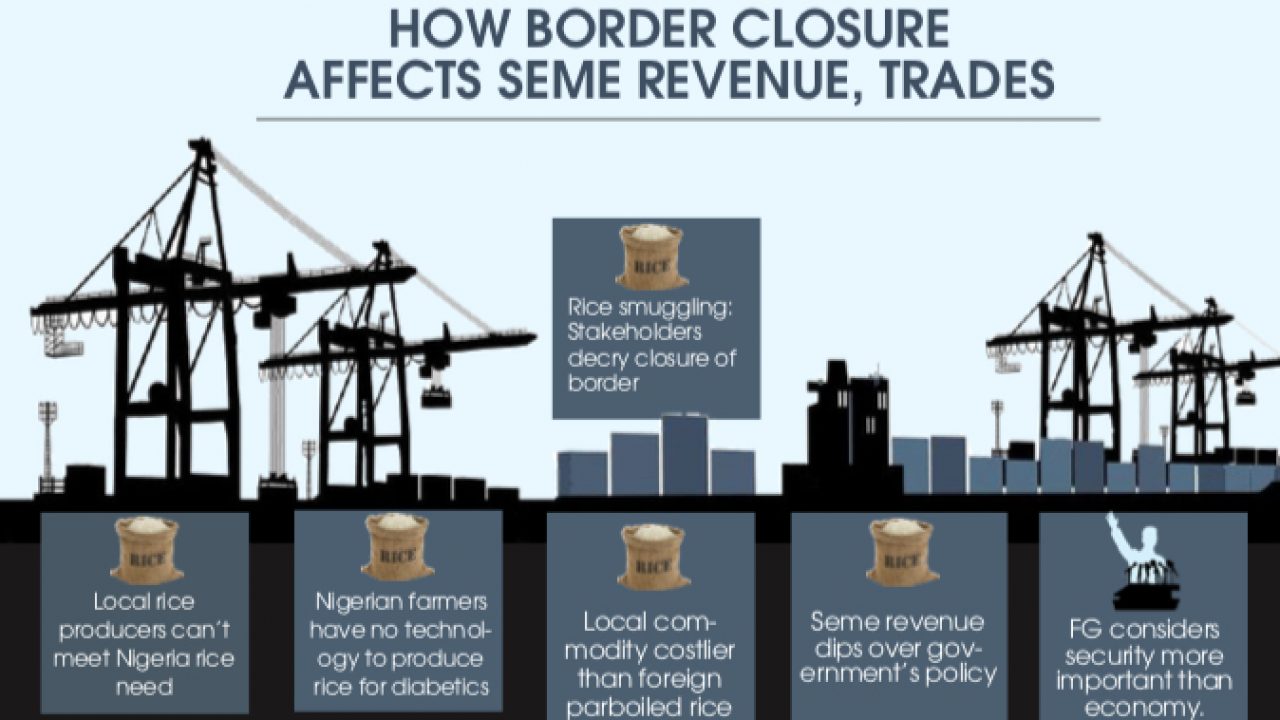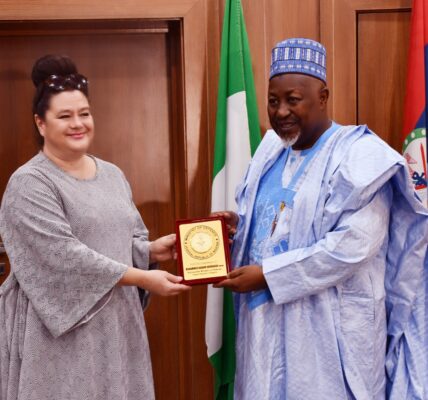A number of Nigerian industries surviving on distribution of their products within ECOWAS states are beginning to feel the brunt of Seme Border closure by the Federal Government as goods worth billion of naira had been held either at the border post or warehouses.
The Federal Government had about two weeks ago, closed Seme and Idiroko border posts on grounds of uncontrollable passage of smuggled foreign rice upon the volume of security agencies.
However, stakeholders have raised alarm on the dangers of the continued closure of the border, saying shutting down land borders just because of rice smuggling is not only an indictment on the security architecture, but an abuse of ECOWAS treaty in terms of flow of regional trade.
Already, the Director General of Lagos Chamber of Commerce and Industry (LCCI), Mr Muda Yusuf said the total closure of land borders to stop rice smuggling does not add up in an economy that is diversifying with the aim of exportation of finished goods.
He said a lot of factories producing good that serve ECOWAS states had been in total loss as goods are not allowed passage to target customers along the ECOWAS stretch. Checks showed that several Dangote trucks moving cements to West African countires are among haulage vehilces stranded at the Seme Border post.
Besides, checks at Lagos Trade Fair complex showed that hundreds of loaded haulage trailers for the west coast had been stranded due to the border closure, thus frustrating regional trading and industrial productivity in Nigeria.
Business Hilights recalls that the World Bank on Thursday last week, dropped a bombshell that Nigeria was dying slowly and tragically living on borrowed time due to its neglect of the agricultural sector and heavy reliance on crude oil which it said belongs to yesterday.
This was as the Vice President, Prof Yemi Osinbajo, assured the Buhari administration would ensure an export-based economy, especially as it recognises the importance of the agriculture sector to food security, job creation and poverty reduction.
However, World Bank Senior Agriculture Economist, World Bank, Dr Adetunji Oredipe, who warned of the looming danger ahead of the country in Abuja while delivering a keynote address at the Agri- culture Summit Africa sponsored by Sterling Bank Plc, said economic diversification into agricultural should be in practice not theory as the economy has become increasingly dependent on importation, which he said has proven to be both a “disaster and calamity.” According to him, if Nigeria had held to its market share in palm oil, cocoa, groundnut and cotton, it would have been earning at least $10billion annually from the three commodities.









